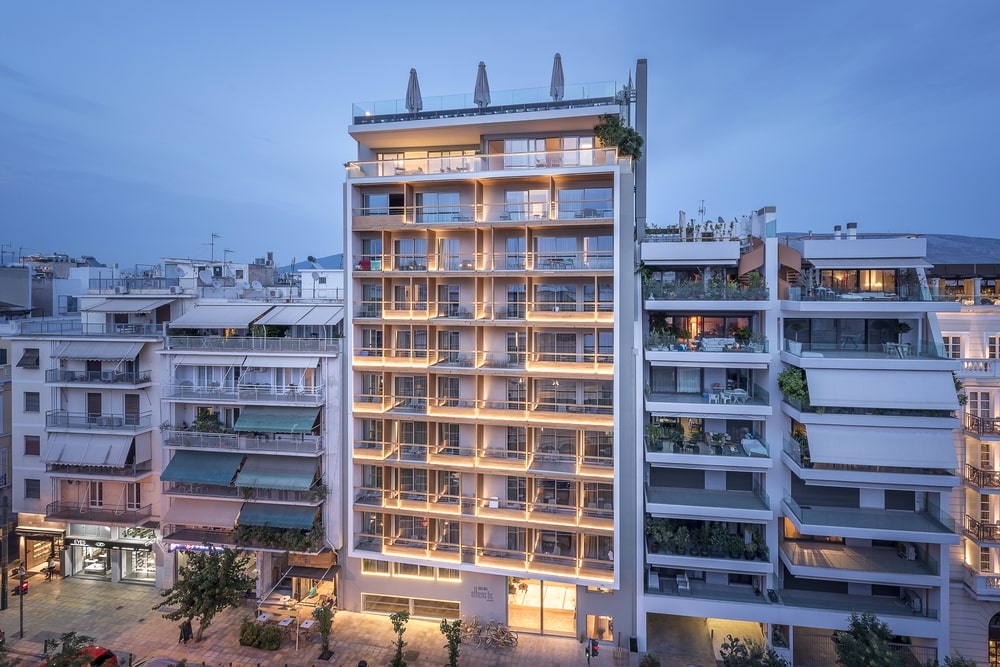Miguel Angel Sandoval
In recent years our country has been characterized by the authorities’ resistance to repressing social protests. It already happened during the government of the deposed Pérez Molina, that, in the face of highly transformative protests, which demanded his resignation, the then president refused to give the order to repress. It is a fact of capital importance in the analysis, because if General Pérez was accused of anything for years, it was precisely his role as a repressor in the context of the armed conflict. But the war ended, the peace agreements were signed, and this did not happen overnight for the country. A new era had begun, always with conflicts, with various struggles, but without repression being the norm.
In 2015, the protests were massive, perhaps concentrated in the capital’s urban area and in a few departments, but in 2023, after attempts to ignore the electoral results, the protests were national and with an unknown vigor, which includes the participation of indigenous peoples like never before. I am not discussing here the hundreds of years of indigenous resistance, but rather what happened in the years of the so-called post-war era. I can affirm that repression disappeared, as the only way to resolve social crises, from the face of the country, although I do not close my eyes to other phenomena and the attempts of various groups to unleash repression as the only way to maintain privileges.
It is true that there were these social expressions, peaceful ones it must be said, but it can equally be stated that the army and the police did not play a repressive role, despite attempts inside and outside these institutions and in other spheres of power and dominant groups. . It is a new practice in the country.
Although it is necessary to point out stains in the actions of the state in a general way. There was the Alaska massacre in 2012, and its authors were tried in a long process and without going to the phase of clear sentences, and here the role of the OJ that does not fulfill its functions and seems to do so within the parameters of the war. They live, to put it figuratively, immersed in the cold war, and have become, despite honorable exceptions, the guardians of the old politics, corruption and impunity.
In recent years, the greatest resistance to changes has its reason for being in the closed defense of corruption and impunity, which explains, for example, the resistance and finally expulsion of the CICIG. And in parallel, in the tendency to prevent critical voices from various spaces in Guatemalan society. In particular, we see it in the repression of justice operators and the independent press.
But repression like the old style, with murders, disappearances, or massacres are part of a past that we should not allow. Never more. That is the idea that is planned in our country and society after the signing of the peace and the report presented by the Guatemalan church. It is the martyrdom of Monsignor Gerardi, perhaps one of the last grievances against peace and expression of that type of repression.
But these notes remain incomplete without an analysis of a recurring structural phenomenon, such as repression in the region of the so-called Polochic valley. In that area of the country, violent land evictions, the murders of peasant leaders, of peasants accused of anything, are commonplace. And other cases on the south coast such as Nueva Linda, of unpleasant memory. This is something that we must expel from the country and from our practices as a democratic society. This is a symptom that tells us of a region that lives in the most complete expression of the farm that refuses to transform. It is the expression of an old model of power that has already been modified in the rest of the country, slowly, but in a way that can be seen in the new attitudes.
I don’t say things on the fly. There is a lot of information and it has been there for years. Thus, in March 2011 he wrote, with first-hand information and reliable sources, “The information coming from the Polochic area is truly dramatic. There is an eviction of peasants with the participation of the army, the public ministry and the national civil police, which total about 2,000 troops to repress poor, ragged peasants, who have seen in recent years how sugar or African palm companies take over of everything. The land of their ancestors, the water of their communities, and the precarious peace that we live in the country.”
This was one of many incidents in the region. To date, many others have been documented. And everything remains unchanged. It is the expression of land owners who for years have refused to modernize, to consider the peasants as the enemies, rather than, in a democratic way, it is the old-fashioned law of the farmer that reigns in that part of the country . Perhaps now with this change of government there will be the possibility of changing it according to the legal system of the country, which is good to point out, is not reduced to the property vision of the articles of the penal code that speak of simple and aggravated usurpation. Social peace in the countryside and agrarian development require other parameters.
In line with the above, perhaps now that -7 has been subscribed. February 2024 – an agreement between the new government and the peasant organizations, there is the possibility of urgently seeing what is happening in the Polochic valley, as the most complete expression of what we should not do in Guatemalan agriculture if we finally want development of this important sector of the national economy. Resolving the Polochic drama could be the beginning of modernization in Guatemalan agriculture. And fulfilling the commitments of that agreement with the farmers is, or should be, the measure of the changes that must be undertaken.


